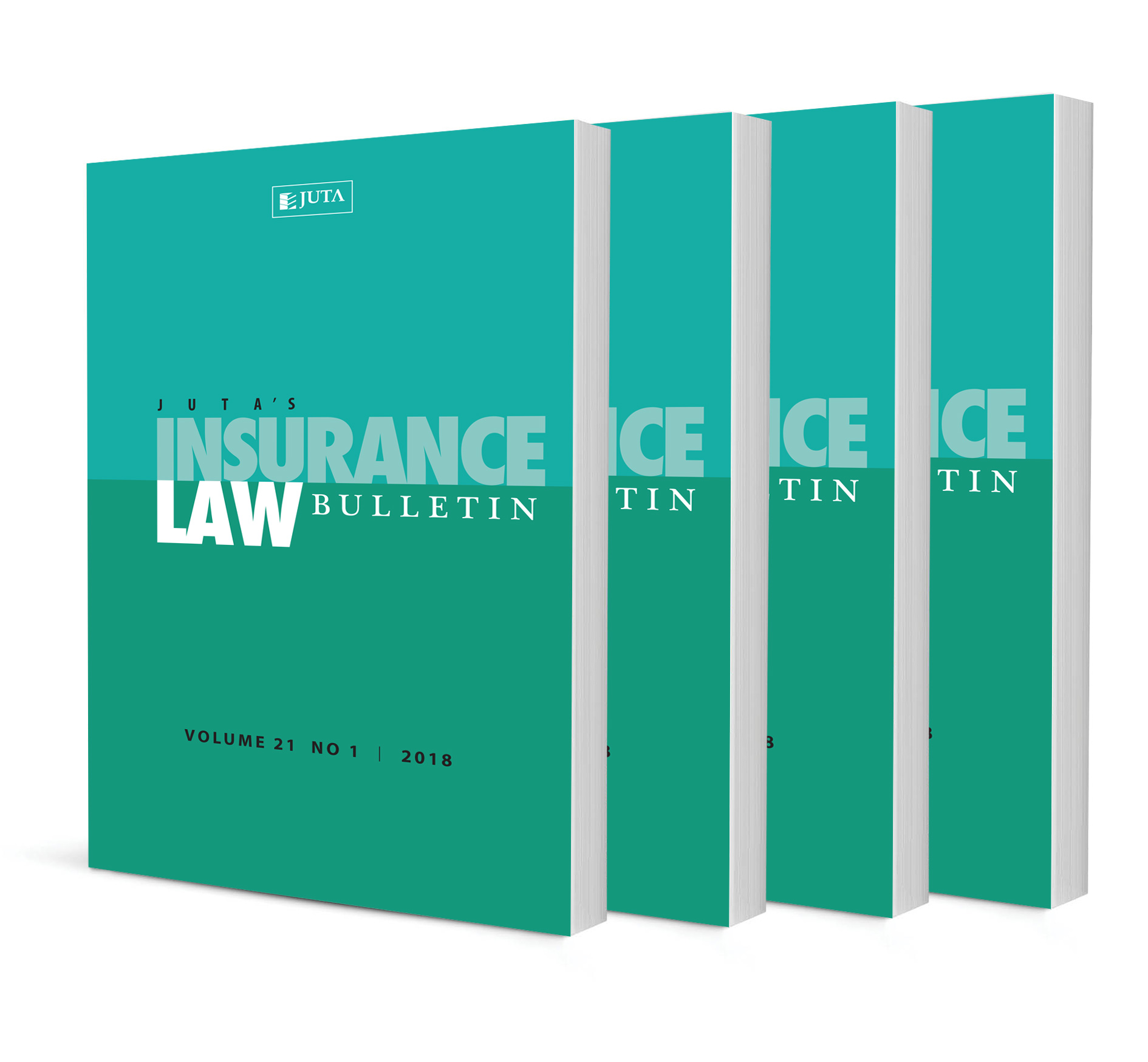Legislation: Financial Sector Regulation Act 9 of 2017

Legislation: Financial Sector Regulation Act 9 of 2017
Author Daleen Millard
ISSN: 2517-9543
Affiliations: Dean: Faculty of Law, Thompson Rivers University
Source: Juta’s Insurance Law Bulletin, Volume 27 Issue 2, 2024, p. 34
Abstract
None